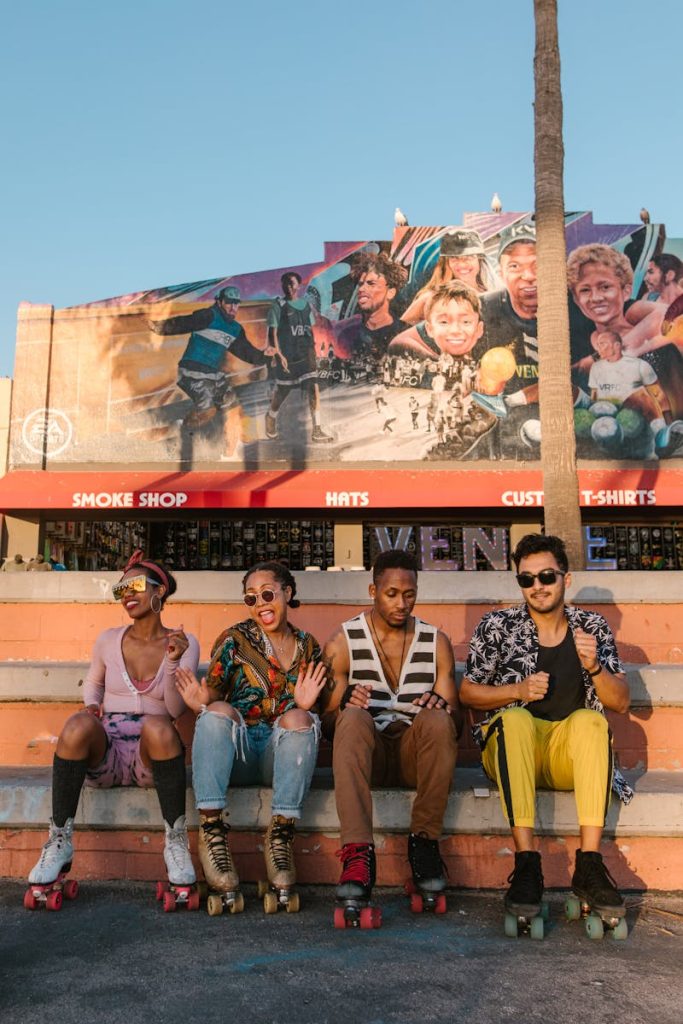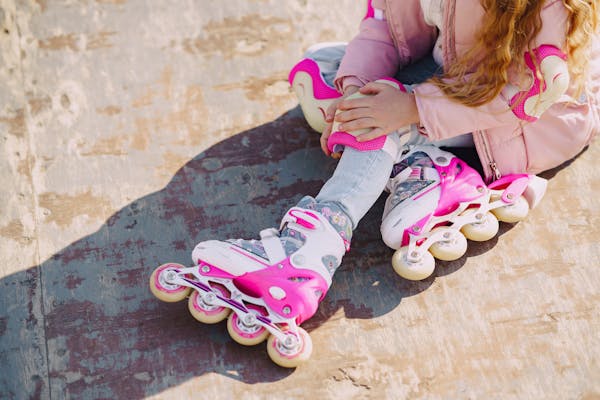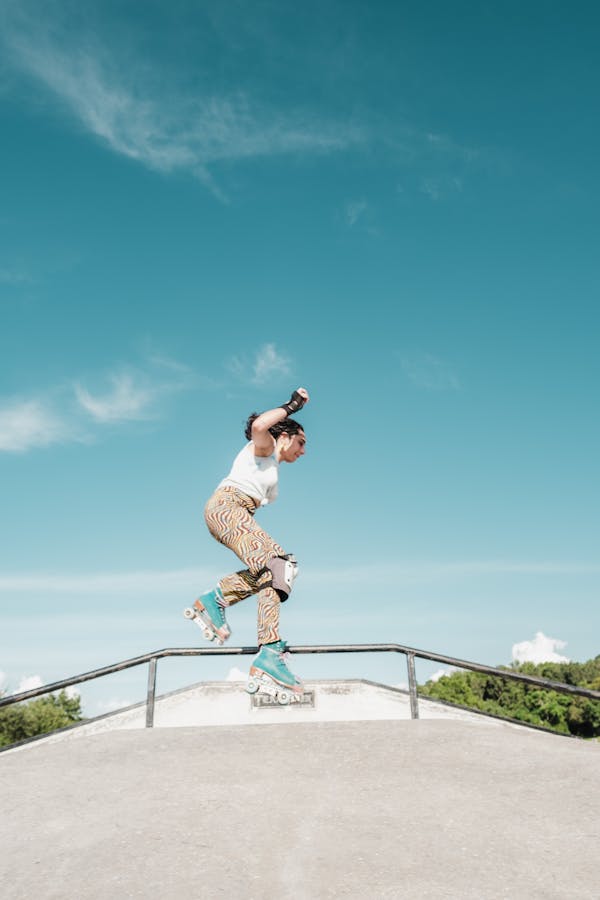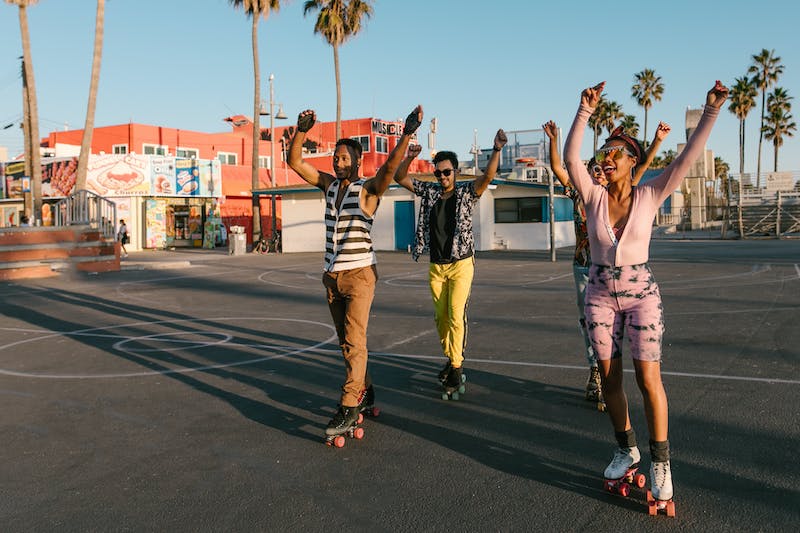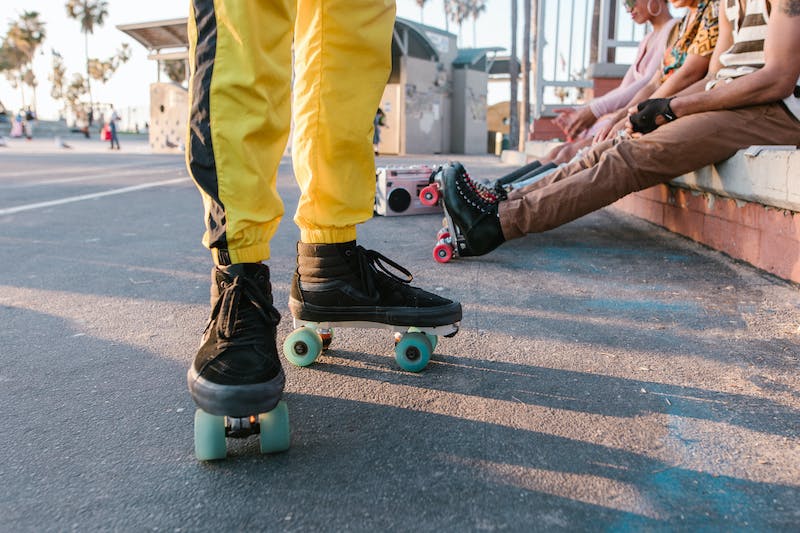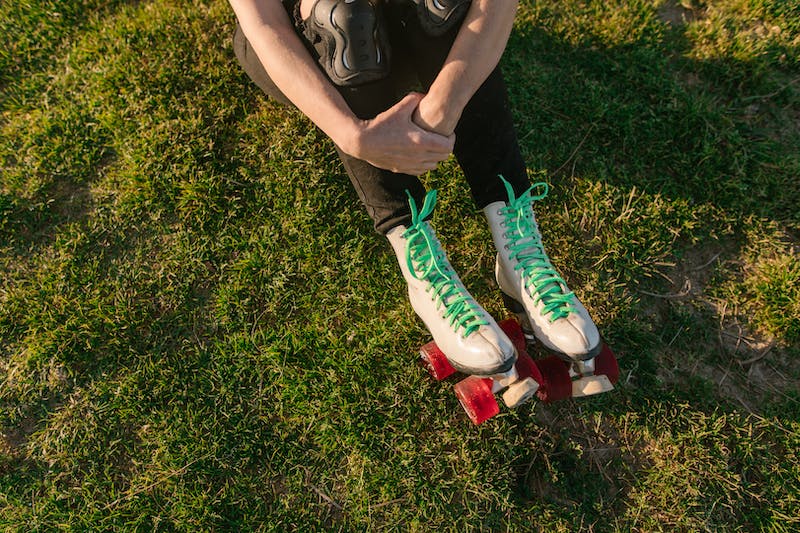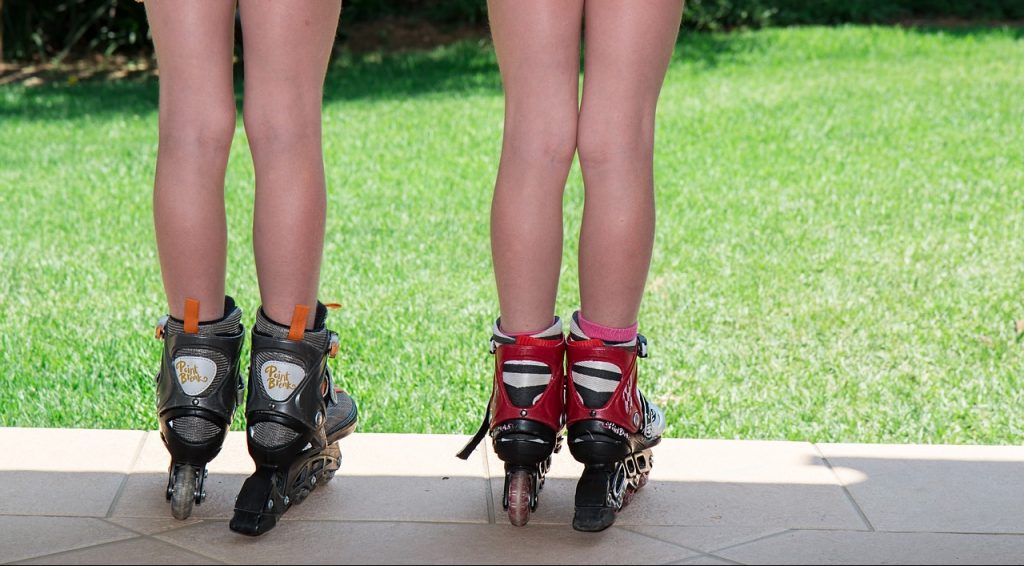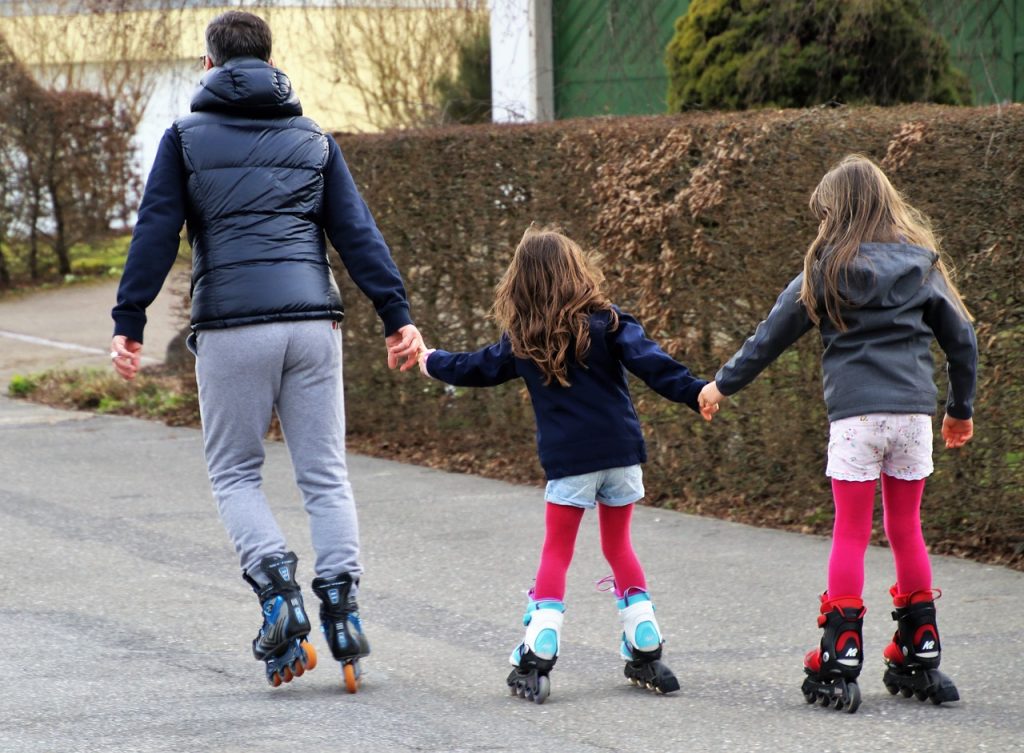Summer is the perfect time to dive into a good book, and if you’re a fan of roller skating, we;ve gathered some exciting reads and our roller skating favorites lined up just for you! From graphic novels to early chapter books, these stories are sure to inspire, entertain, and whisk you away on thrilling skating adventures.

Roller Girl by Victoria Jamieson
Step into the world of roller derby with Astrid, the spirited protagonist of Roller Girl. As Astrid discovers her love for roller skating and joins a roller derby team, she learns valuable lessons about friendship, perseverance, and the power of determination. With vibrant illustrations and a heartfelt storyline, this graphic novel is a must-read for any skating enthusiast.
Anna Banana and the Friendship Split by Anica Mrose Rissi
Join Anna Banana as she navigates the ups and downs of friendship in this charming early chapter book. When Anna’s best friend moves away, she must learn how to cope with change while also mastering the art of roller skating. With relatable characters and a heartwarming storyline, Anna Banana and the Friendship Split is a delightful read for young skaters.
Skateboard Party: The Carver Chronicles, Book Two by Karen English
Although not specifically about roller skating, Skateboard Party from The Carver Chronicles series follows a character as he learns how to skateboard—a skill that may interest roller skating enthusiasts as well. Join Gavin and his friends as they navigate friendship, challenges, and the thrill of mastering a new sport. With themes of perseverance and teamwork, this book is perfect for readers looking for adventure on wheels.
Roll With It by Jamie Sumner
In this touching middle-grade novel, Ellie faces the challenges of navigating life in a wheelchair while also pursuing her passion for baking. Although not about roller skating, Ellie’s determination and resilience in the face of adversity will inspire readers of all ages. With themes of friendship, family, and finding your place in the world, Roll With It is a heartfelt read that celebrates the power of perseverance.

Gear up for summer reading and roll into adventure with these captivating skating stories! Whether you’re a seasoned skater or dreaming of gliding on wheels, these books are sure to spark your imagination and leave you craving more skating adventures. So, lace up your skates and dive into these delightful reads. Once you’re done reading, your next roller skating adventure awaits at Rainbow Skateland!

